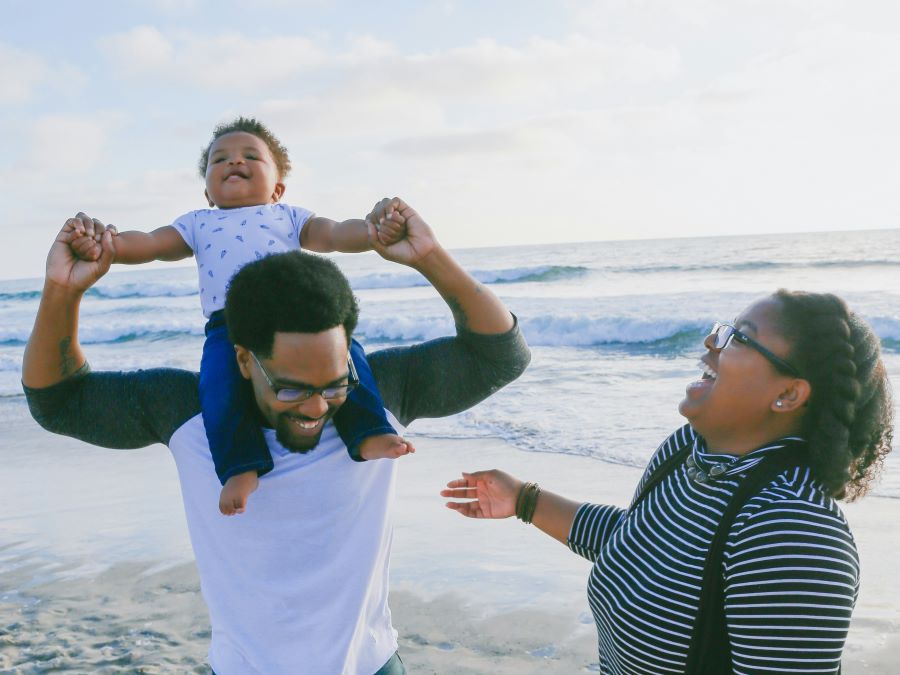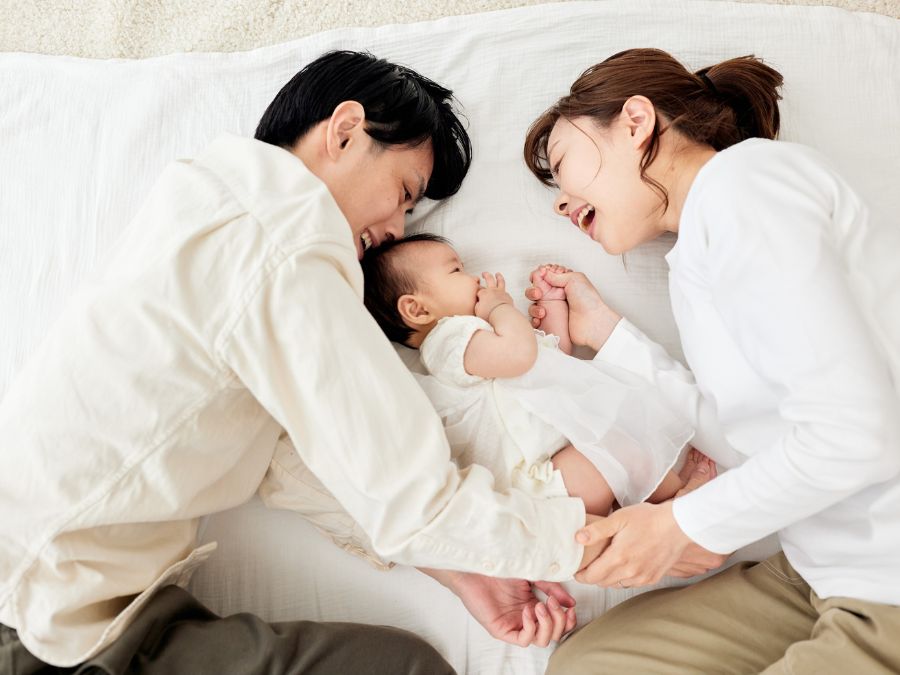
As the very first report of its kind, this paper [on positive childhood experiences (PCEs)] leaves much to be explored. We [HOPE National Resource Center] are working with the CDC to better understand the physical, behavioral, and mental health effects of PCEs.” – Robert Sege, MD, PhD, Director of HOPE National Resource Center
Measuring presence of positive childhood experiences among adults in four U.S. states
BOSTON, MA, May 2, 2024 – The HOPE National Resource Center and partners published the groundbreaking study, “Prevalence of positive childhood experiences (PCEs) among U.S. adults — Behavioral Risk Factor Surveillance System, four states, 2015–2021,” in the Centers for Disease Control and Prevention’s Morbidity and Mortality Weekly Report (MMWR). Authors of the publication include Robert Sege, MD, PhD, Director of the Center for Community-Engaged Medicine at Tufts Medical Center and Professor of Medicine and Pediatrics at Tufts University School of Medicine, and Dina Burstein MD, MPH, Project Director of the Center for Community-Engaged Medicine, as well as frequent HOPE collaborators Jennifer Jones, MSW and Christina Bethell, PhD.
The investigators conducted the largest study to date on the prevalence of positive childhood experiences among adults across multiple U.S. states. Four states – Kansas, Montana, South Carolina, and Wisconsin – included 7 PCE questions in their annual Behavioral Risk Factor Surveillance System, state-based telephone surveys collecting information on health-related behaviors and conditions, and surveyed over 24,000 respondents. Their responses determined PCE scores ranging from 0-7 PCEs and were categorized into 3 groups: 0-2 (low PCE score), 3-5, and 6-7 (high PCE score).
PCE scores vary by race and ethnicity, gender, sexual orientation, and socioeconomic status
More than half of adults reported a high score of 6-7 PCEs in their BRFSS responses, and less than 2 of 10 adults reported a low score of 0-2 PCEs. Overall, the majority of adults agreed with every PCE question:
- An adult made me feel safe and protected in my home: 91%
- I felt a sense of belonging in high school: 72%
- I felt supported by friends: 80%
- I had at least two non-parent adults who took an genuine interest in me: 72%
- I felt my family stood by me during difficult times: 61%
- I enjoyed participating in community traditions: 60%
- I felt able to talk to my family about my feelings: 82%
However, PCE scores differed when accounting for demographic and socioeconomic factors. For example, 48% of participants self-identifying as bisexual and 56% of those identifying as gay or lesbian reported that they felt a sense of belonging in high school. In contrast, 73% of participants identifying as heterosexual reported yes.
Differences persisted when comparing high PCE scores (6-7 PCEs) by demographic and socioeconomic factors:
- Race and ethnicity: 38% of non-Hispanic American Indian or Alaska Native adults reported high PCE scores versus 55% of non-Hispanic White adults.
- Sexual orientation: 38% of gay or lesbian adults and 27% of bisexual adults reported high PCE scores versus 55% of heterosexual adults.
- Income: 38% of adults with a yearly income of $15,000 or less reported high PCE scores versus 62% of adults with a yearly income of $50,000 or greater.
- Education: 38% of adults without a high school degree reported high PCE scores versus 62% of adults with a college degree.
Consideration for PCEs in public health surveillance and intervention
This new multi-state BRFSS study opens the door for further research on PCEs. Measurement of PCEs could be added to other public health data collection methods allowing us to better understand PCEs and their impact on adult health and well-being. This development of research could translate into public health policies and practices aimed at increasing the occurrence of PCEs and reducing health inequalities among population minority groups.
About HOPE – Healthy Outcomes from Positive Experiences
Based at Tufts Medical Center in Boston, Massachusetts, the HOPE National Resource Center sees a world that honors and promotes positive experiences as necessary for health and well-being. Research shows that positive childhood experiences (PCEs) drive healthy child development and lessen the lifelong effects of adverse childhood experiences (ACEs). HOPE aims to inspire a movement that changes how people and organizations advance health and well-being for children, families, and communities.
Robert Sege, MD, PHD, FAAP, Director of the Center for Community-Engaged Medicine at Tufts Medical Center and Professor of Medicine and Pediatrics at Tufts University School of Medicine, leads the HOPE National Resource Center.
Inquiries: HOPE@tuftsmedicalcenter.org


